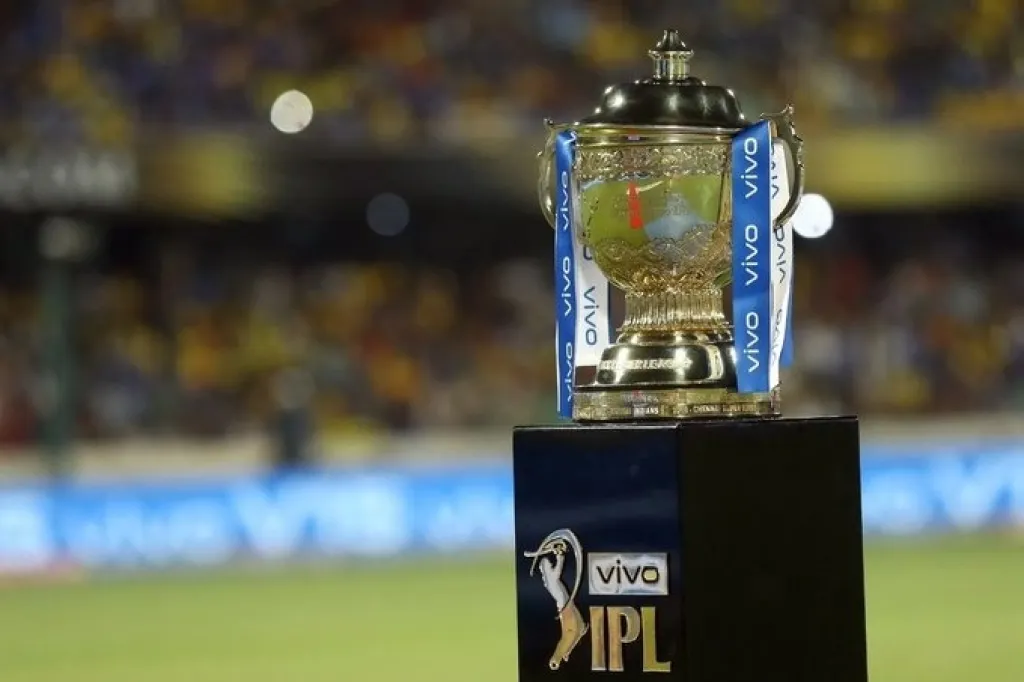Lalit Modi was the first chairman and commissioner of the Indian Premier League (IPL), having come from relative obscurity to become the most powerful person in Indian cricket.
Having seen the enormous revenues generated by American sports leagues, Modi had pitched the idea for a new 50-over domestic competition to the BCCI. That was rejected, but the genesis of the concept would become the IPL.
Meanwhile, Modi, who had close connections with the Congress Party took up various roles in cricket administration, was appointed vice president of the BCCI in 2005 where he became heavily involved in its commercial activities. He was heavily involved in the launch of the IPL, and engineered its move to South Africa in 2009 when its dates clashed with those of the Indian general election.
However, within a year it all came crashing down around its head.
During 2009/10, Modi oversaw the bidding process for the induction of two new teams into the IPL, one of which was the Kochi franchise from the state of Kerala. Hours after signing the agreement with the franchise, Modi revealed the shareholders of the franchise on Twitter. One of them was revealed to be a businesswoman with close links to a federal minister, Shashi Tharoor.
He was forced to resign for conflict of interest.
The backers behind the Kochi franchise then alleged that Modi had tried to get them to withdraw their bid, and had threatened them with a range of sanctions in the event of failure. These included removing the salary cap on players, and making them play games in remote locations until construction of the main stadium in Kochi was ready.
Modi denied all allegations, but a BCCI internal investigation led to him being accused of a range of financial improprieties including offering bribes, illegal betting and money laundering. It was also alleged that he had sold broadcast rights to members of his own family.
Immediately after the IPL final of 2010 an email was sent to Modi informing him of his immediate suspension by the BCCI. Shortly afterwards he moved to London, where he contested the charges against him in absentia.
The BCCI banned him for life in 2013. In 2017, the Enforcement Directorate of India requested Interpol to issue a global warrant for his arrest, but this was rejected.

